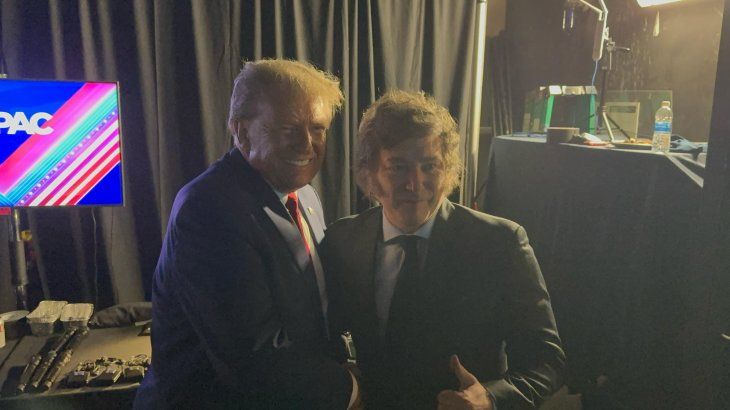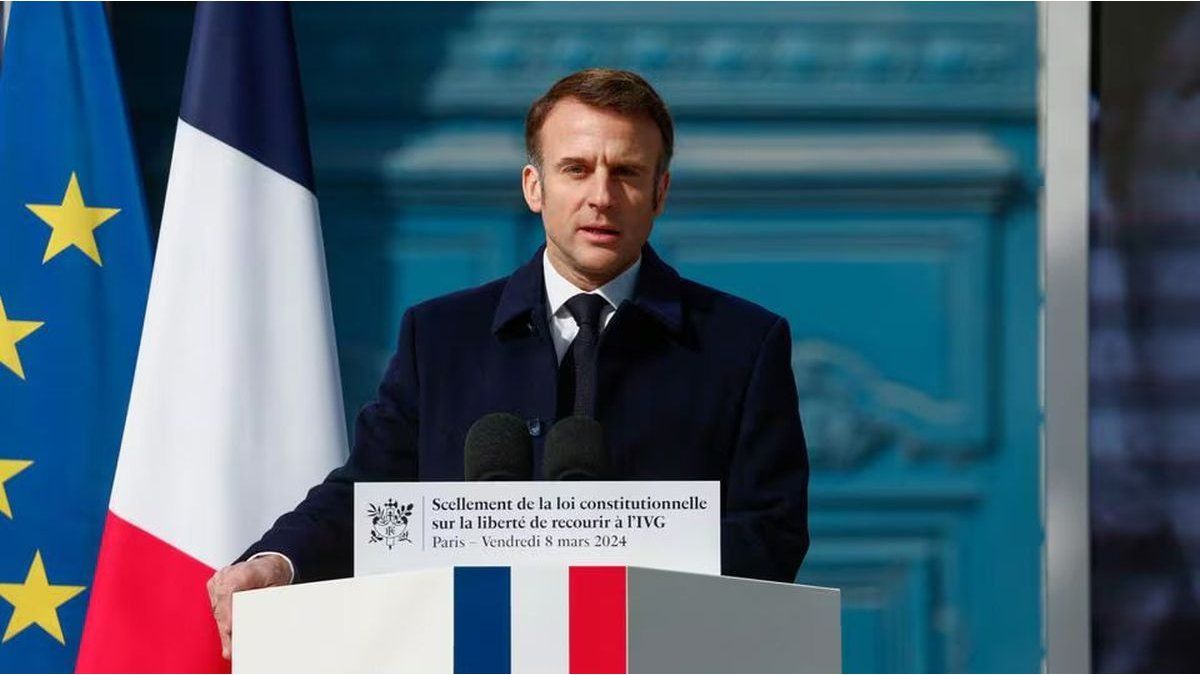He Donald Trump’s victory in the recent United States electionsalthough anticipated by many sectors of the market, represents a change of direction which could have profound implications for the economies of Latin Americaand especially for Argentina.
Despite the presence of Kamala Harris as a contender at the polls, Trump’s return was expected. This result It comes at a delicate moment for Argentinawith a new government headed by Javier Mileiwho, like Trump, promotes a vision aligned with market ideas and skepticism towards certain international organizations.
However, the affinity in some political and economic positions does not necessarily guarantee a positive impact for Argentina, and could even bring important challenges.
Trump’s “Agenda 47” promises: a protectionist plan
Trump’s economic program, known as “Agenda 47”marks a clear bias towards protection of American industry and strengthening its internal economy. Although this approach appears to superficially align with Milei’s intention to strengthen the productive sector, the detail of these policies raises concerns. obstacles for a country dependent on foreign trade like Argentina.
One of the key points of Agenda 47 is Trump’s intention to increase tariffs on imports. This includes a universal basic rate that would range between 10% and 20% on all products imported into the United States, along with a 60% specific tariff for imports from China. If implemented, these policies would not only impact the global trade flow, but could raise the price of the dollar against other currenciesdriving a revaluation of the US currency worldwide.
A Strong Dollar: Benefit for the United States, Complication for Argentina
The expectation of an economic policy based on protectionism and increased tariffs anticipates a appreciation of the dollar in international markets. In fact, Treasury bond rates have already seen an initial rise after the announcement of Trump’s victory, reflecting a possible strengthening of the dollar. For Argentina, a strong dollar represents a challenge on several fronts.
donald trump javier milei
Milei seeks to have a good relationship with Donald Trump.
CPAC
First of all, Argentina is a country with a highly dollarized economy and dependent on the inflow of foreign currency. A revaluation of the dollar tends to put downward pressure on raw material priceswhich could negatively affect the agricultural and commodity sectors of the country, crucial for their exports. A fall in the value of these goods would deteriorate the terms of trade and, with it, the Argentine trade balance. Likewise, with a stronger dollar, the cost of international financing would risea factor to consider given the country’s debt and the need to return to the markets to renew maturities.
Tax Incentives and Industrial Boom in the US: An Indirect Competition
Another component of Agenda 47 that deserves attention is the tax incentive plan proposed by Trump to revitalize American industry. This contemplates a permanent reduction of corporate taxes for companies that produce in the United Statesadded to a series of tax benefitssuch as the expansion of the child tax credit, tax breaks on tips and overtime, and the restoration of state and local tax deductions. Furthermore, Trump seeks increase investment in infrastructurewhich could inject dynamism into the labor market and American industrial production.
In practical terms, these incentives create a favorable tax environment in the United Stateswhich could attract both companies and capital investors currently seeking opportunities in emerging markets. For Argentina, this means additional competition in attracting foreign investments, especially in a context of high local economic uncertainty and the challenge of rebuilding international confidence in its market policies.
Political Sympathy, Economic Challenges
Politically, it is likely that the Milei government will seek to take advantage of the sympathy with the Trump administration to strengthen the bilateral relationship. This alignment could open the door to certain opportunities for security and trade cooperationas Trump seeks to strengthen his alliances in the region. However, Relying on this relationship as a solution to the structural problems of the Argentine economy could be risky.since Trump’s economic policy focuses on national objectives that do not necessarily converge with Argentina’s needs.
It is clear that for Argentina it is essential to have an ally in the White House that shares certain economic principles. But it is also necessary to recognize that Trump’s “America First” policy is designed to prioritize competitiveness and domestic growth of the United Stateswhich, in many cases, can be harmful to business partners and countries with emerging economies like Argentina.
Conclusion: A Scenario of Prudence for Argentina
Trump’s return to the presidency of the United States opens a stage that, although politically similar to the Milei government, may imply significant challenges for the Argentine economy. Protectionist policy and the strengthening of the dollar could complicate prospects for growth and economic stabilityso it is crucial that Argentina diversify its economic strategy and seek new international alliances that allow it to counteract these effects.
Despite the ideological closeness between both leaders, reality shows that Trump’s economic priorities and his focus on protecting the US market They could end up weakening the growth space for economies like Argentina. Diplomacy and a diversified commercial strategy will be key to facing the challenges posed by Agenda 47 and prevent ideological alignment with the United States from translating into additional economic risk.
Source: Ambito
I am an author and journalist who has worked in the entertainment industry for over a decade. I currently work as a news editor at a major news website, and my focus is on covering the latest trends in entertainment. I also write occasional pieces for other outlets, and have authored two books about the entertainment industry.




